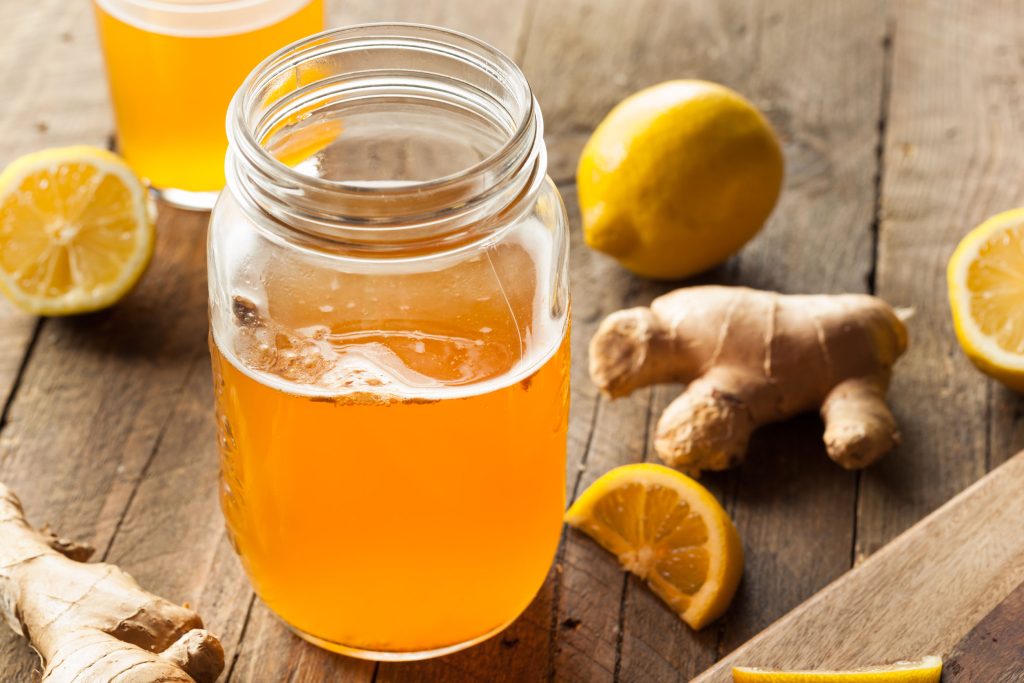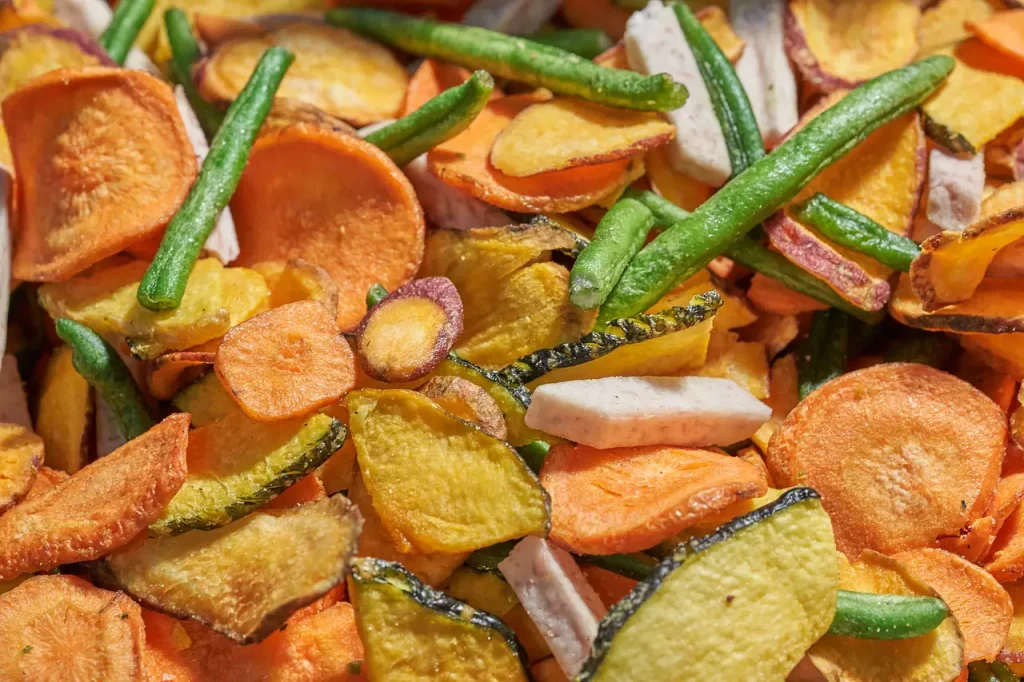Doctors warn: Beware of these seemingly healthy foods!
Some nutrition all-stars also have a shady side. Take a closer look at these seemingly healthy foods before loading up your grocery cart.
Green Juice

Cold-pressed kale and spinach offer a mega dose of vitamins and minerals. But juicing strips the fiber, spiking blood sugar. Plus excess oxalates in greens can irritate kidneys. Best to blend or eat whole leaves. Dilute with cucumber and add lemon to lessen bitterness. Green juice has benefits, but moderation is key.
Coconut Oil

This tropical fat’s reputation flipped from villain to health hero. But its high saturated fat content can drive up LDL cholesterol for some. Use virgin or expeller-pressed oils sparingly for light cooking or smoothies. Don’t go overboard – tablespoons not cups! Other oils like olive and avocado work too.
Protein Bars

Packing 10-20 grams of protein makes these look like gym bag staples. But many commercial brands load up bars with added sugars, synthetic ingredients and preservatives. Look for minimal, pronounceable components or make your own. Opt for whole food sources like nuts, seeds, Greek yogurt and nut butters when possible.
Kombucha

The bubbly fermented tea delivers a delicious probiotic punch. But the small trace amounts of alcohol should be considered, especially if you avoid drinking. High added sugar versions undermine the health halo too. Opt for homemade ‘buch with minimal flavors added or choose plain unsweetened varieties.
Granola

It seems like nature’s perfect cereal with oats, nuts and dried fruit. But most brands pack in up to 30 grams of added sugar per cup! That converts to empty calories that spike blood sugar. Opt for homemade with healthy fats and minimal sweetness. Or pair plain oatmeal with fresh fruit and nuts.
Dried Fruit

Dehydrating fruit preserves the nutrient density, but concentrates natural sugars. Just a handful of raisins or dates equates to over 20 grams of sugar. Spread out those dried fruits through the day rather than eating in excess. Counterbalance with protein like nuts or yogurt. And hydrate after to avoid sticky mouth!
Pre-Made Smoothies

Blending up fruits, veggies, nuts and seeds makes an ideal on-the-go breakfast. But packaged smoothies often have added sugars and preservatives. Check labels and opt for freshly made or freeze and blend your own fruits and greens at home. That way you control the ingredients. Add chia or nut butters to thicken and use banana or avocado as the sweetener.
Veggie Chips

Dehydrated vegetable crisps like kale and beet offer an addicting crunch. But without the water content, calorie density rises. Portions seem harmless but can add up fast. Check labels for oils, salt content and artificial flavors. Oven-roast your own veggie chips instead. Sweet potato, parsnip or zucchini slices bake up deliciously!
Energy Bars

Grab-and-go snack bars promise lasting energy with oats, nuts and dried fruit. But the fine print often reveals heaps of added sugars, corn syrups and stabilizers. Seek options under 10 grams sugar with fiber and protein. Kind Bars, Larabars and RXbars tend to use more real ingredients. Or DIY your own bars at home.
Added sweeteners, sodium and artificial additives can sabotage seemingly healthy choices. Check labels and ingredients before assuming it’s good for you. Or better yet, opt for whole foods made at home where you control what goes in!
Doctors warn: Beware of these seemingly healthy foods!
Green juices, protein bars, dried fruit and more seem virtuous but may contain added sugars, preservatives and unhealthy fats. Read labels and make homemade versions to get the most nutrition – and skip the junk.